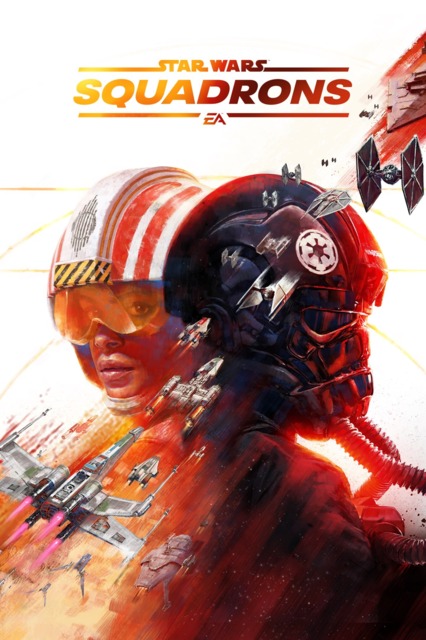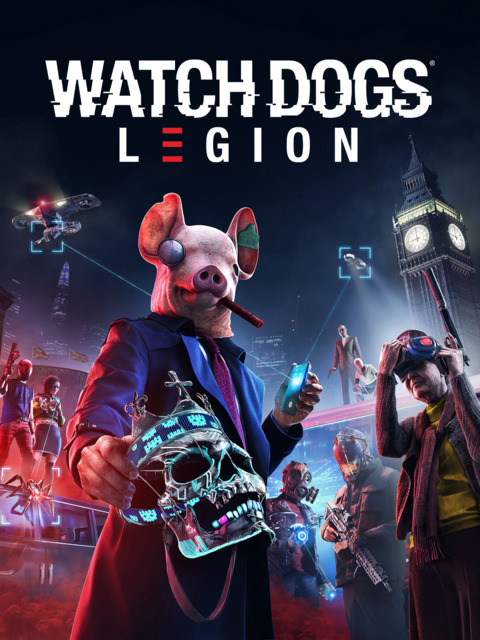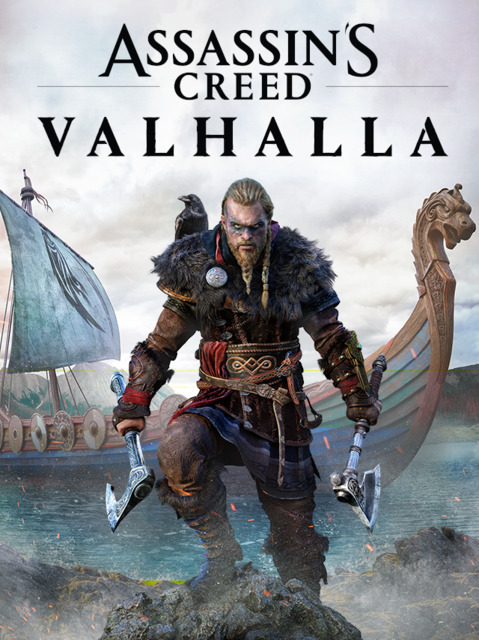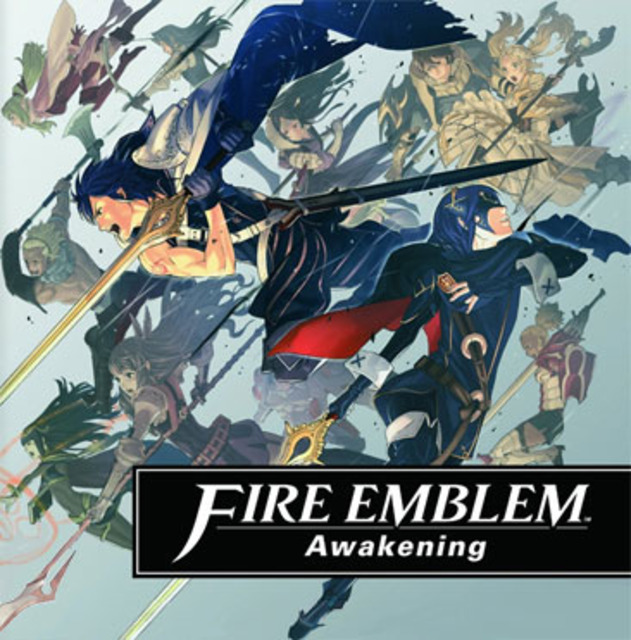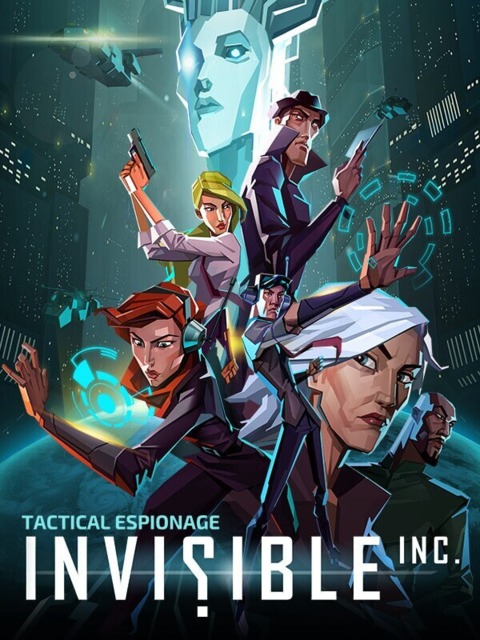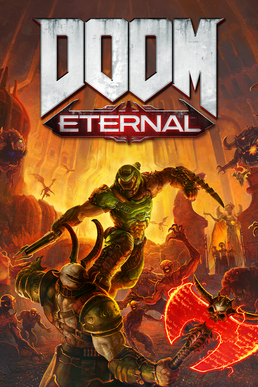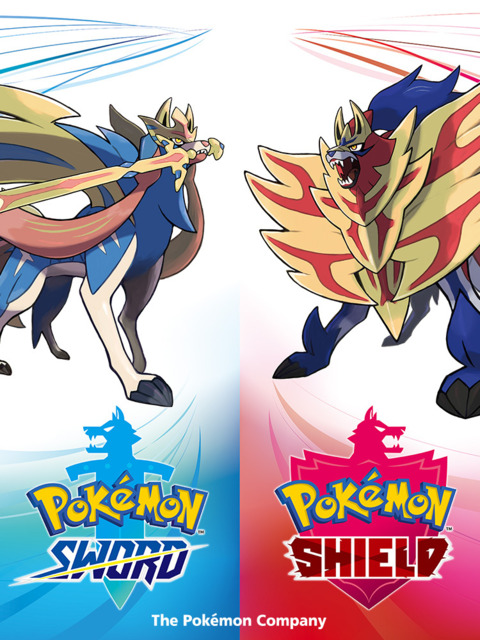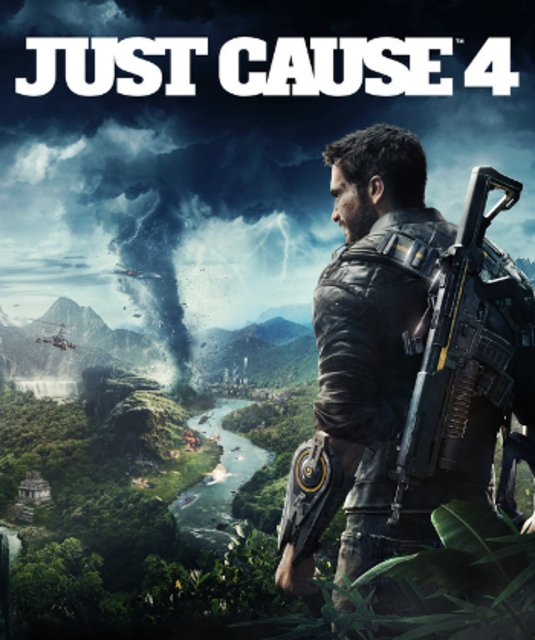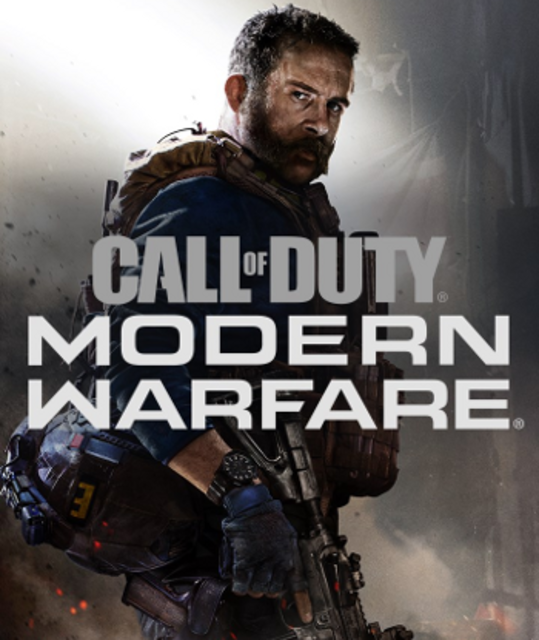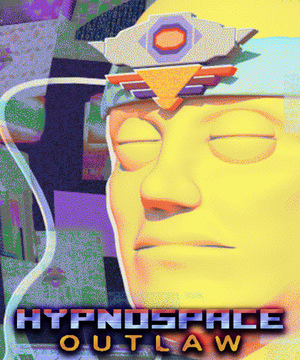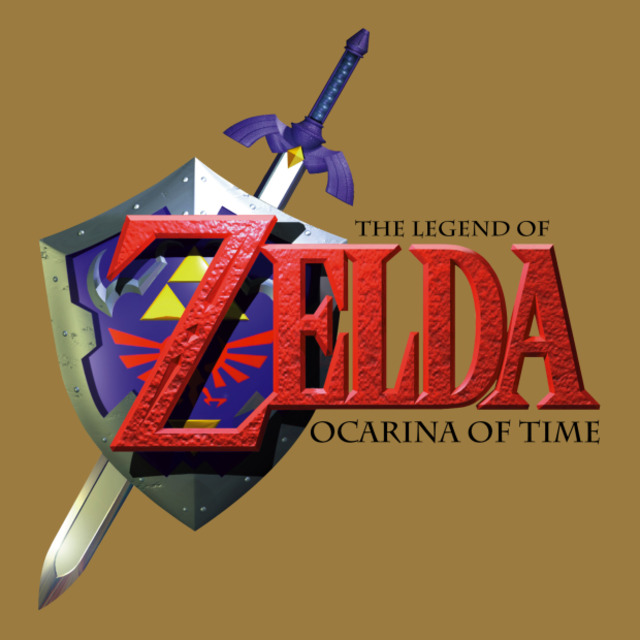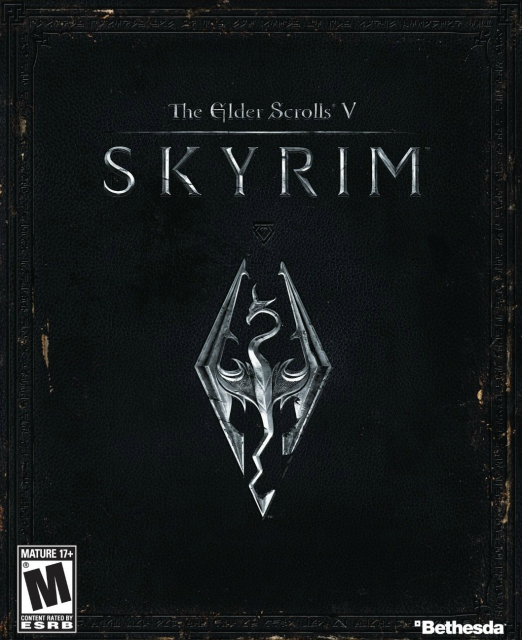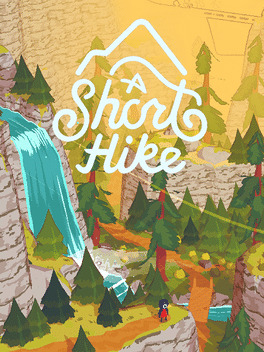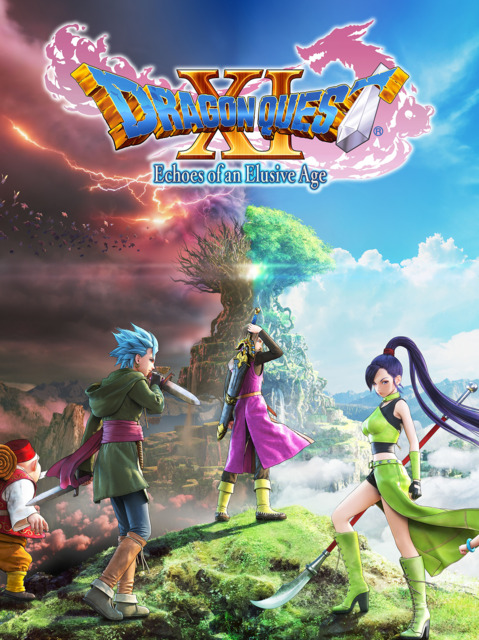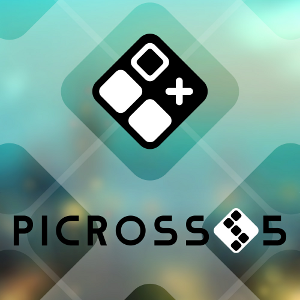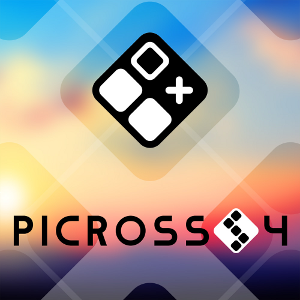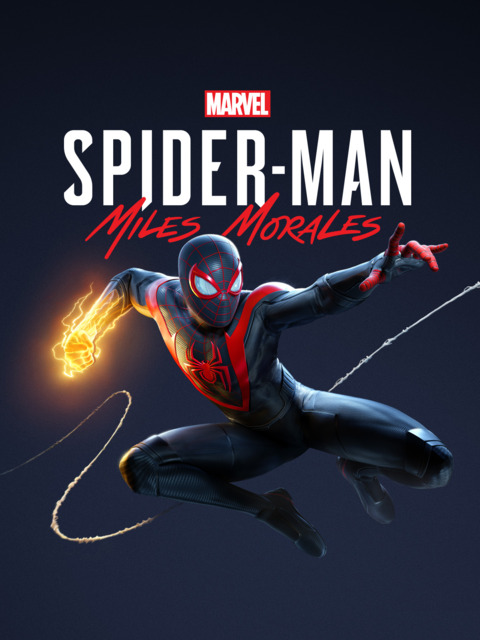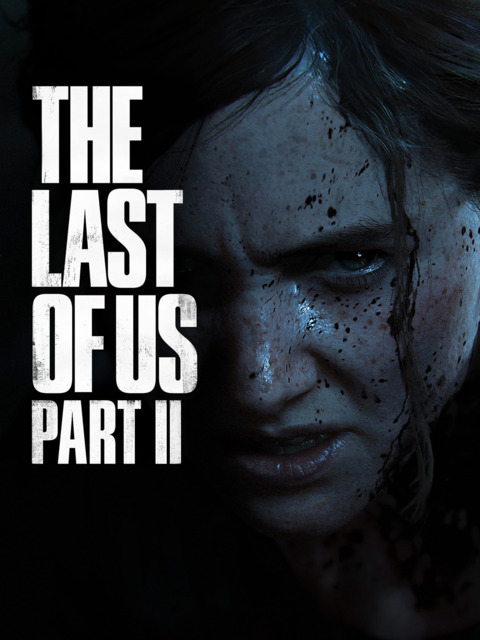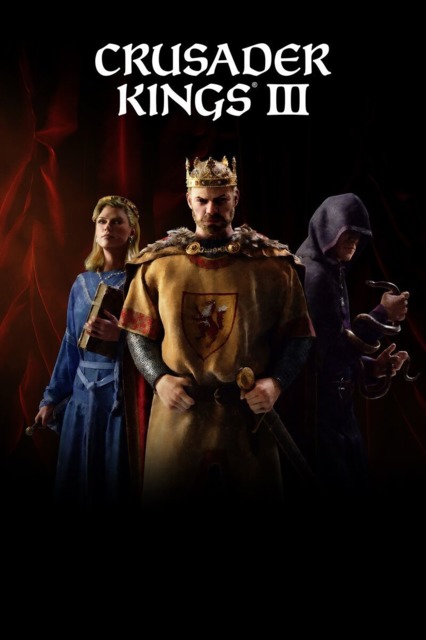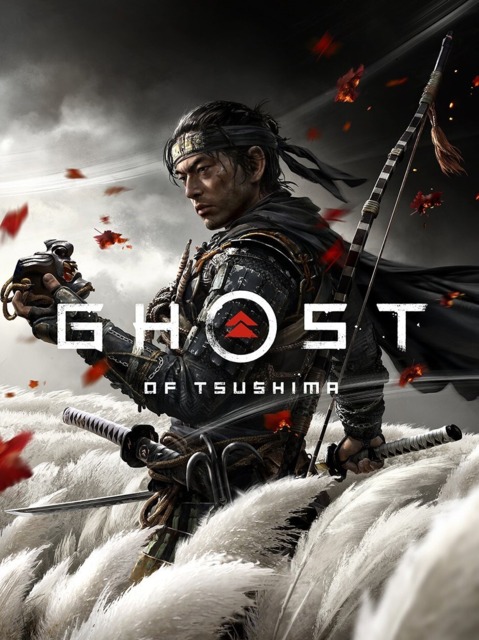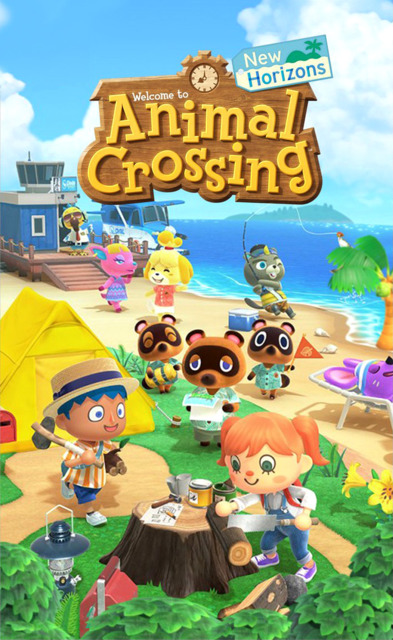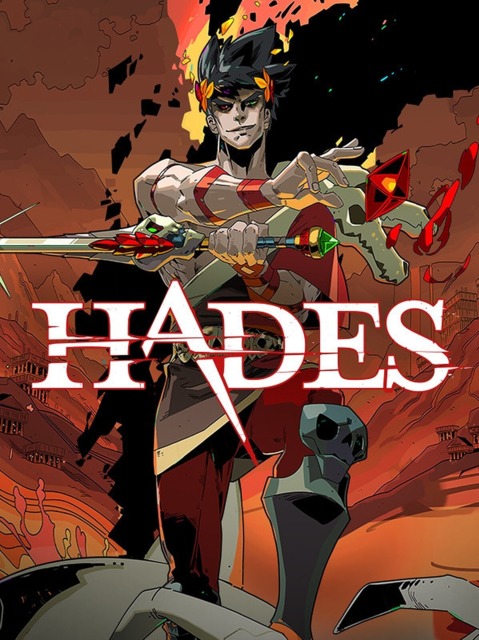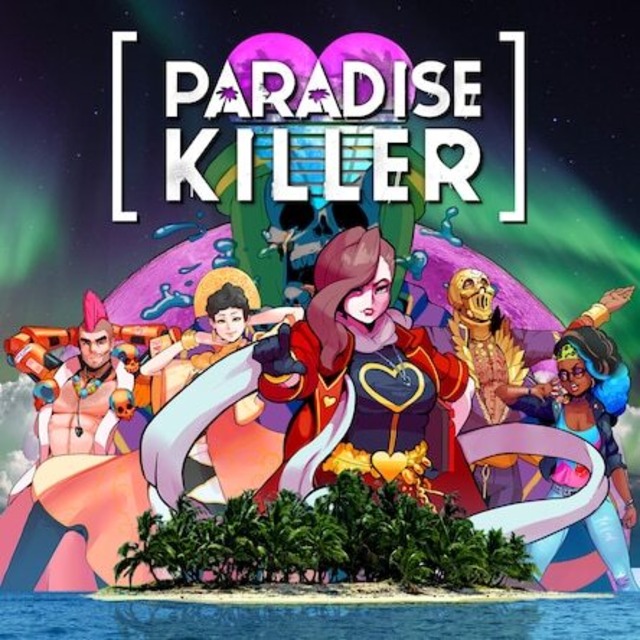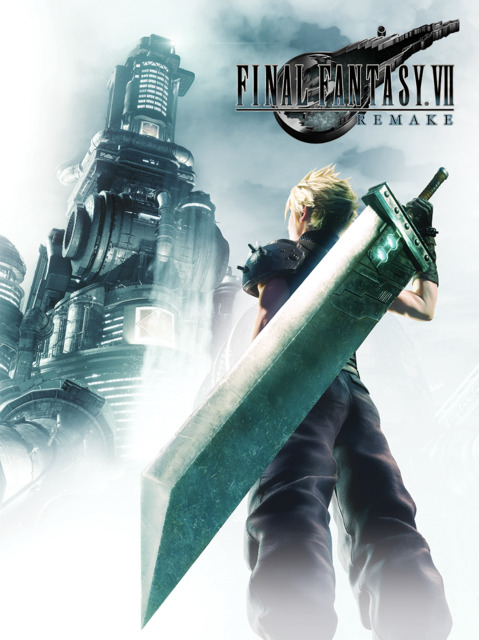Game of the Year 2020
Last year’s list ended on a massive note of optimism after what felt like a tepid year for games. That’s especially ironic for a few reasons, A) one of the two games I mentioned last year as a big contender will appear this year as my most disappointing game, B), the obvious (and overwhelming) COVID/police violence/election issues with 2020, and C) the fact that despite everything it’s been a surprisingly good year of games.
Next year, hopefully (knock on wood), will see things stabilizing somewhat, but it’s still full of unknowns. The largest of these unknowns is the fact that in a couple of short weeks I’ll be a parent for the first time and it’s already wonderful, scary, and the most exciting thing I’ve ever experienced. In a year full of global life-and-death problems and an upcoming change as large as parenthood, games are objectively unimportant, but 2020 has proven that they serve a vital role in my daily mental health.
This year I spent digital/distanced time with family with friends, I spent time with my wife in our tiny apartment and, on the nights when she went off to face a 12 hour night shift in the ICU, I jumped into games to distract me from my anxiety about the world, COVID, and whether her mask/PPE would hold up long enough to keep her safe.
I guess what I’m saying is that I know that games aren’t cosmically important compared to the issues we faced this year, but I’m surer than ever that they’re vitally important to me. No matter how things change I'll always find time to play.
This year it felt appropriate to talk about all of the games that, for good or for bad, meant a lot to me. Writing about the media I consumed was a therapeutic process and I figure I might as well share it. My notes hit almost 10,000 words before I expanded, edited, and chose what I'd include in the list. With that in mind you’ll notice more entries than usual this year. It’s my top ten, followed by a ridiculously large number of special mention awards.
Stay safe, and take care of yourselves,
-AodhHinsai
